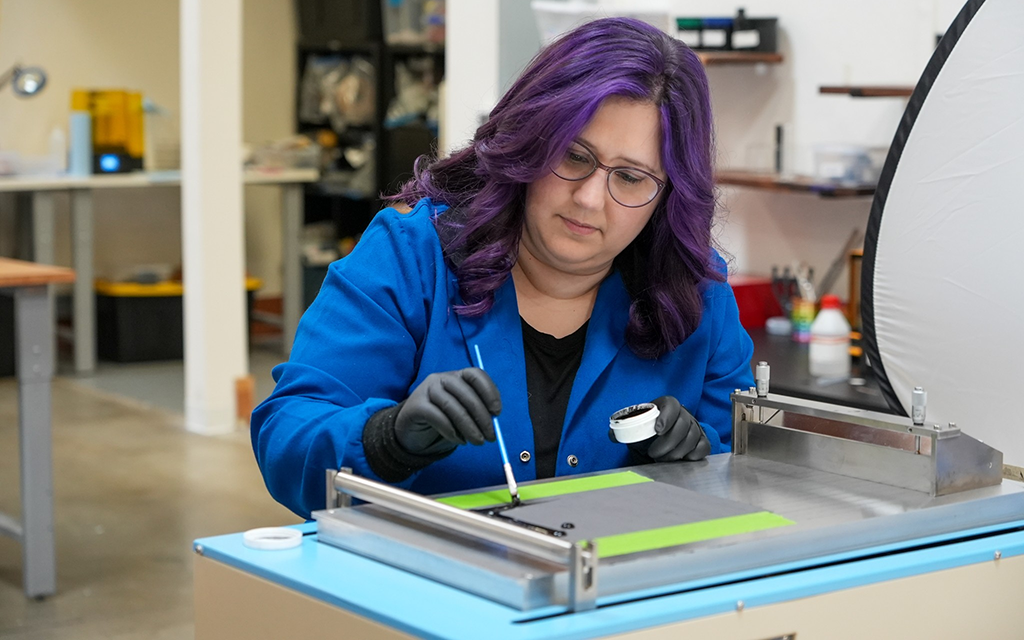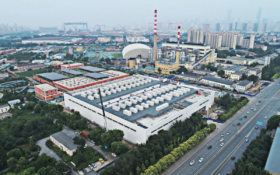Skip Technology Inc, a U.S.-based innovator focusing on effective energy storage technology, announced that Puyallup Tribal Enterprises (PTE) has become the primary investor in the company. For Puyallup this is a strategic move demonstrating their commitment to environmental stewardship and sustainable energy solutions for greater energy security and grid resilience.
Portland-based Skip Technology has developed a new type of battery that uses bromine and hydrogen, instead of the conventional lithium. This innovative design has no moving parts, and it is fully recyclable. This novel technology uses a thin sheet of flowing liquid to separate the primary fuels of the battery. The membrane liquid is constantly recirculated and will never wear out, chemically change, or degrade in performance.
By using bromine, which is cost-effective and relatively safe, and allowing hydrogen to evaporate in case of leakage, the battery demonstrates an environmentally conscious approach. This liquid battery promises to be revolutionary in bridging the gap between renewable power generation and storage.
PTE is building a manufacturing facility, which will produce batteries specifically designed to fit into standard shipping containers. Each battery can power approximately 35 homes for 10 hours. That means a space the size of three football fields could hold enough batteries to power a large American city. The systems are efficient and energy dense: a single large, factory-sized battery could power the entirety of New York City. Tribal communities and rural areas at all continents are lacking access to extensive power grids, opening up a huge market for off-grid solutions.
“Skip Technology is delighted to be partnering with Puyallup Tribal Enterprises on so many fronts; they are an ideal partner for us,” said Brennan Gantner, CEO of Skip Technology.
“The investment in Skip Technology aligns seamlessly with the Tribe’s commitment to sustainable business ventures that not only generate revenue and have the potential to make a positive global impact, but also create employment opportunities, paving the way for a brighter future for generations to come,” said Matt Wadhwani, PTE’s CEO.












